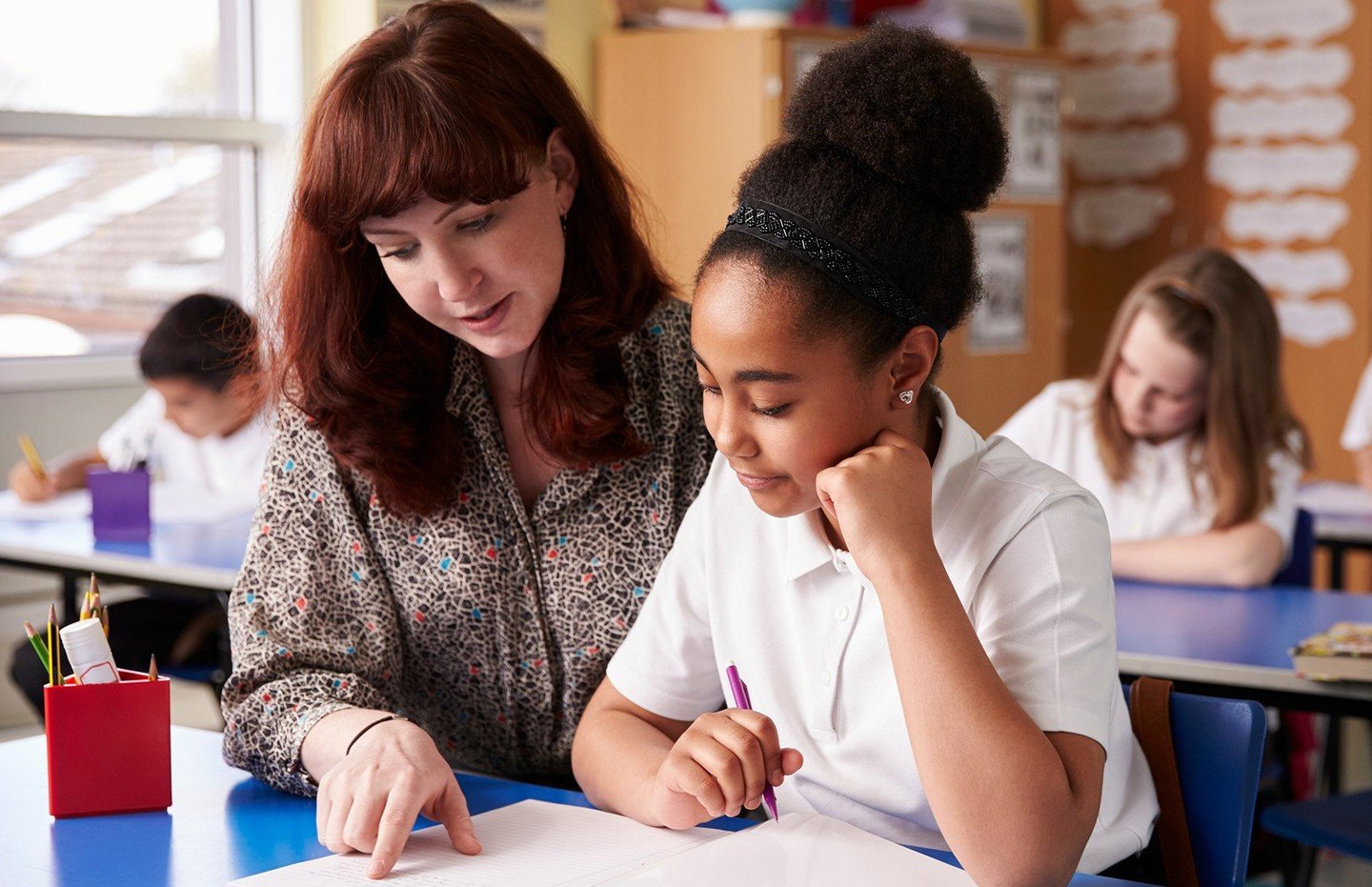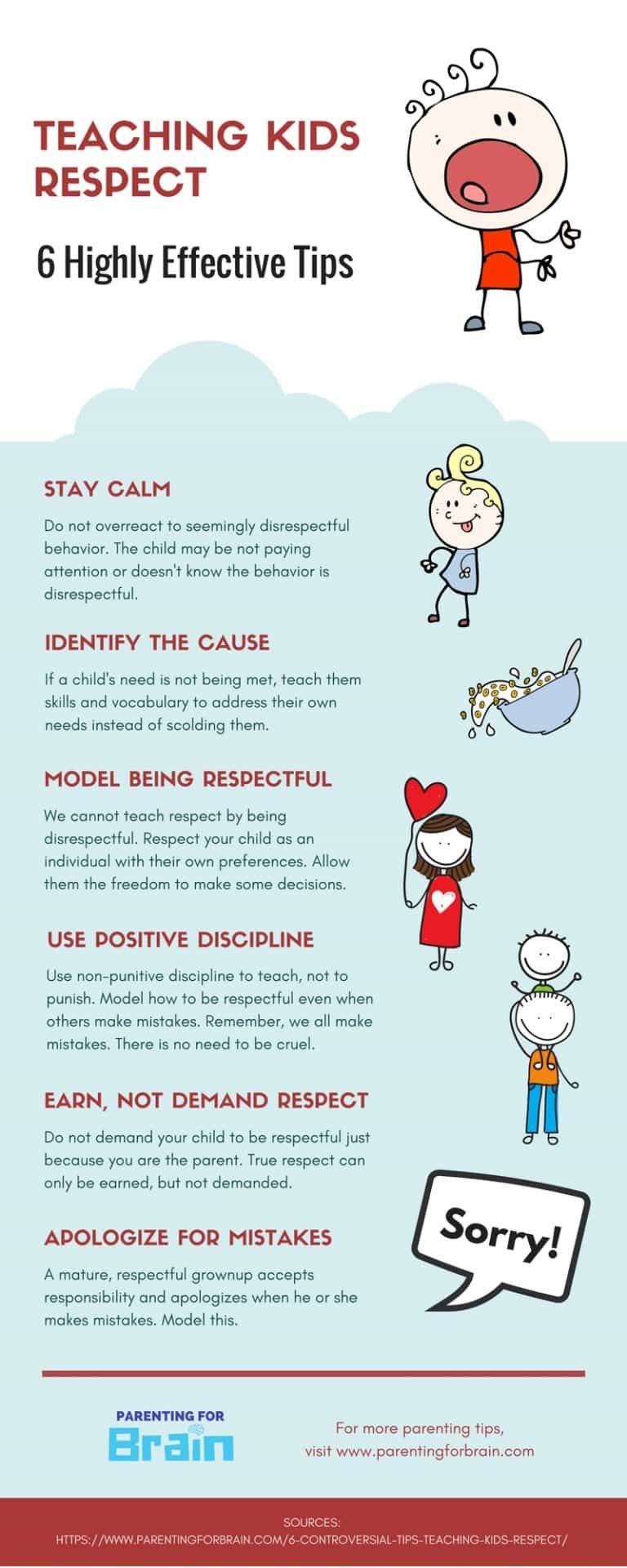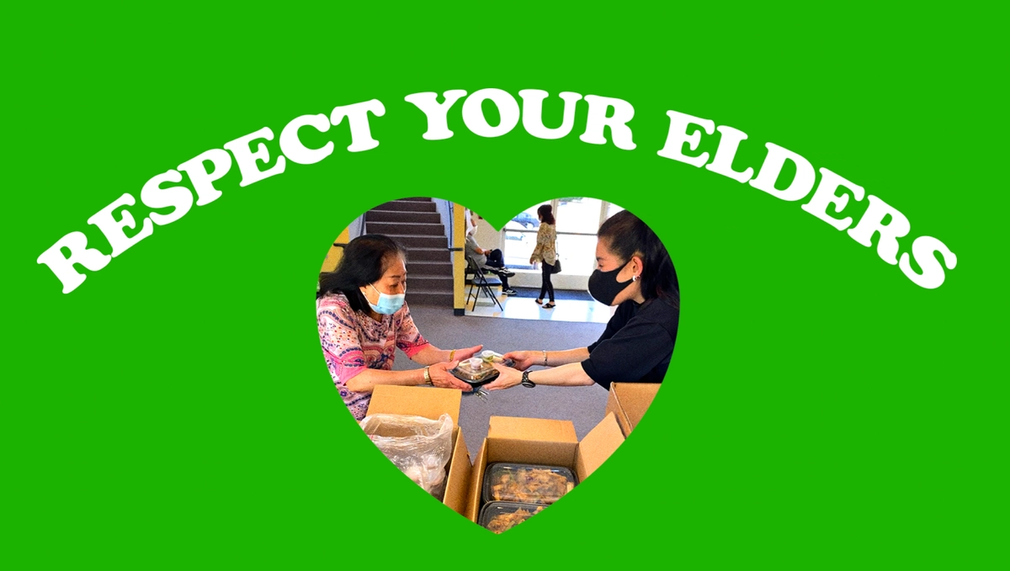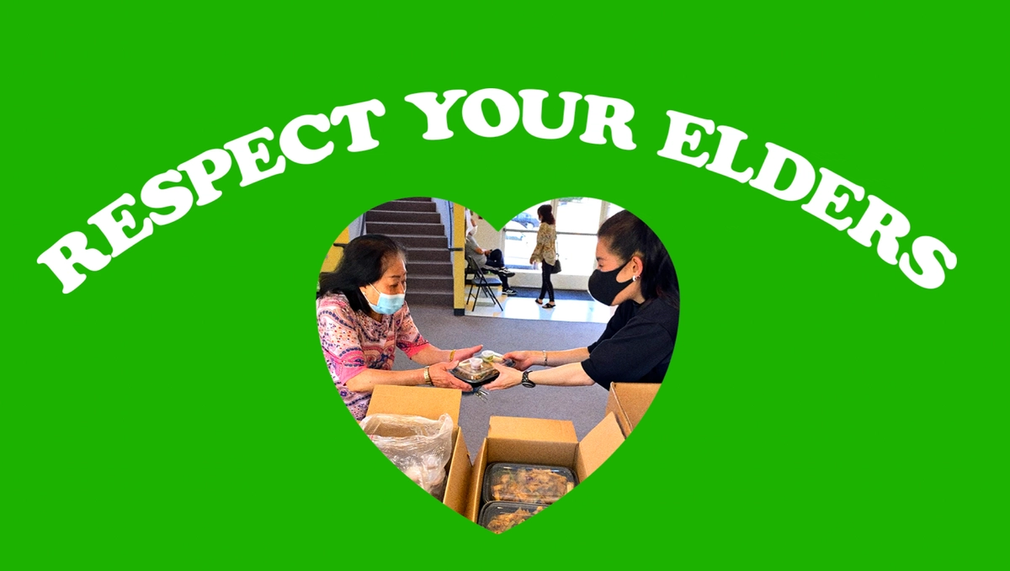In an era obsessed with progress and speed, **respect for elders** has become an afterthought. Our children are taught how to innovate, compete, and code—but not how to listen. At Remin.site, we believe this is not just an oversight—it’s a quiet crisis. A society that forgets its elders is a society that forgets itself.
“Death is not the end—it is the beginning.” That’s our guiding philosophy. What we preserve today—wisdom, memory, compassion—can shape generations to come. Yet, modern education systems seem to have no room for this sacred transfer of knowledge. The result? A generation that sees age as irrelevant, rather than irreplaceable.

Where Did We Go Wrong?
Once, elders were the heart of every family and community. Their stories were our textbooks, their lives our curriculum. But somewhere along the way, the world decided that **speed, youth, and technology** matter more than **wisdom, patience, and lived experience**.
- School curriculums have **prioritized test scores over values**.
- Technology has **amplified generational gaps** rather than bridging them.
- The rise of nuclear families has **displaced elders from daily life**.
According to a UN report on ageing, intergenerational respect is in global decline, impacting mental health, cultural continuity, and community cohesion.
What Schools Are Teaching—And What They’re Not
Modern education emphasizes knowledge, not character. While we teach students how to build the future, we fail to show them how to honor the past. The **core values of gratitude, patience, and humility** are often lost in classrooms chasing academic performance.

Missing components in today’s schools:
- Ethical storytelling: No time is given for students to hear or reflect on the life journeys of older generations.
- Respect rituals: Traditional greetings, gestures, and language that honor elders have faded from classrooms.
- Role models: Teachers and textbooks rarely showcase the elderly as heroes of resilience, sacrifice, or cultural legacy.
“The highest form of education is not just learning facts—but learning how to respect those who taught them to us.” — Unknown
We can’t blame children for not respecting elders when we haven’t built it into their education. It’s not that they don’t care—it’s that they were never taught how to.

The Real-World Effects of Neglecting Elder Respect
When schools skip the lesson on respect, we all pay the price. It’s not just about manners—it’s about mental health, cultural preservation, and human connection. Elders feel abandoned. Youth feel rootless. Families fracture.
- Loneliness among seniors: An epidemic that silently grows when the young stop visiting or listening.
- Cultural amnesia: Languages, rituals, and recipes are lost because no one asked grandma how she did it.
- Lack of empathy: A generation that doesn’t understand aging is a generation unprepared for its own future.
We’re not just losing respect—we’re losing our collective memory. And as Remin.site’s Legacy Projects demonstrate, remembering is an act of survival, not sentiment.

What Kind of Future Are We Building?
Our children are brilliant. But are they grounded? Do they know the value of legacy? The importance of sitting silently beside an elder and simply listening?
These are not rhetorical questions. They are the very heart of whether we will become a society that thrives or one that forgets itself. At Remin.site, we work to rekindle those lost connections—because memory is a sacred responsibility. And respect is where memory begins.
In the next section, we’ll explore how we can rebuild this connection through practical solutions—from family practices to school reforms to digital tools that bring generations together.
